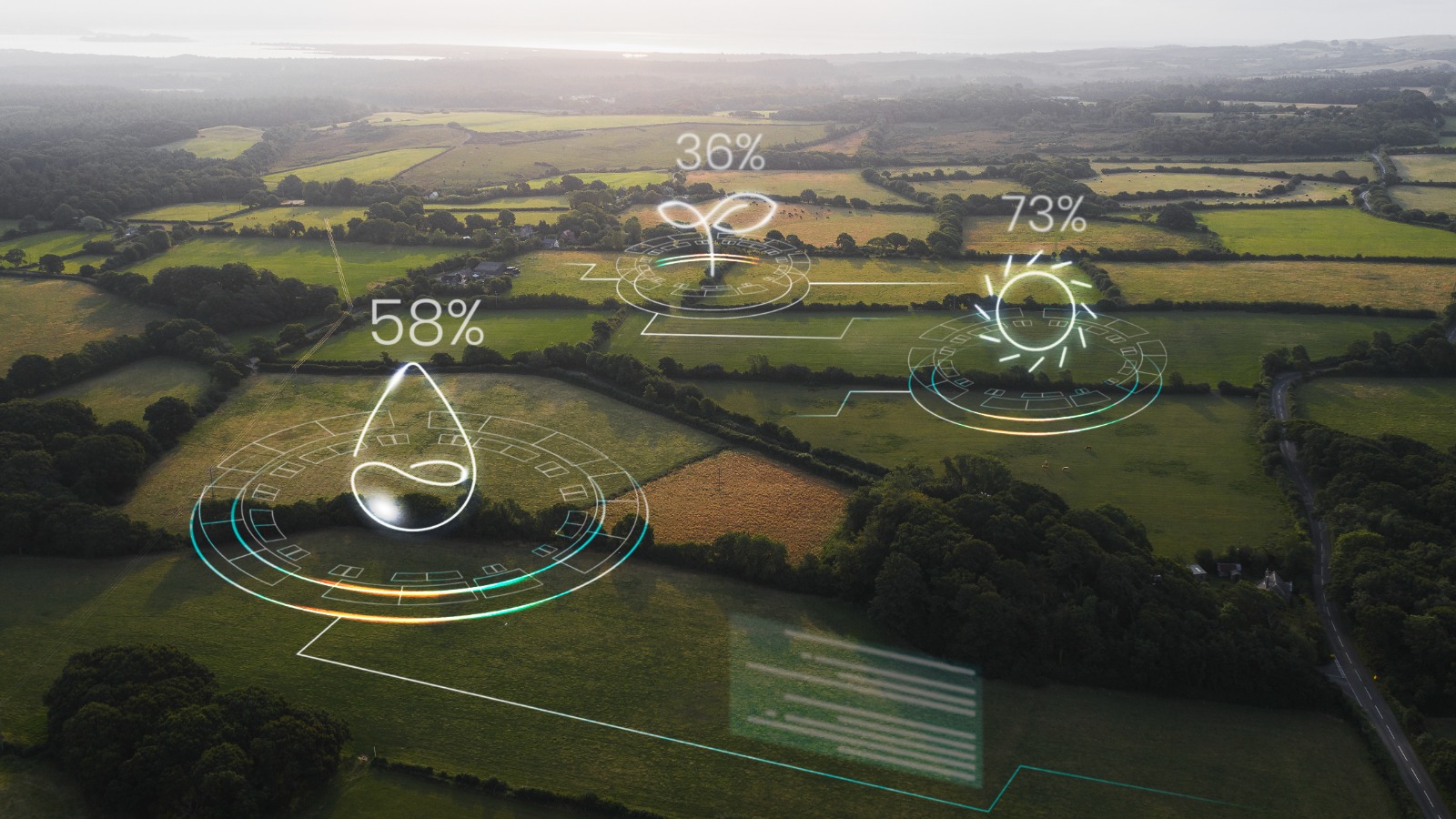Digitalization In Agriculture: A Path to Sustainable Farming
In recent years, the agriculture industry has undergone a profound transformation, thanks to the advent of digitalization. Digital technologies are revolutionizing the way farmers manage their operations, increase productivity, and ensure sustainability. This blog will explore the impact of digitalization in agriculture, highlighting its benefits and challenges.
The Digital Revolution in Agriculture
Digitalization in agriculture refers to the integration of various technologies, including data analytics, sensors, drones, and artificial intelligence, into farming practices. This technological revolution is reshaping the industry, providing farmers with tools to make informed decisions, optimize resource use, and enhance crop yields. Here’s a closer look at how digitalization is changing the face of agriculture:
Precision Agriculture
One of the key aspects of digitalization in agriculture is precision farming. Farmers can now collect vast amounts of data from their fields, such as soil quality, weather conditions, and crop health, through sensors and remote monitoring systems. This data is then analyzed to make precise decisions about irrigation, fertilization, and pest control. By tailoring their actions to specific needs, farmers can reduce waste and increase efficiency.
Data-Driven Decision Making
Digitalization provides farmers with access to valuable data that empowers them to make data-driven decisions. Advanced analytics tools can help identify trends and patterns, allowing farmers to anticipate problems and implement preventive measures. They can also assess the financial impact of various decisions, leading to more sustainable and profitable farming practices.
IoT and Sensors
The Internet of Things (IoT) has enabled the widespread use of sensors in agriculture. These devices can monitor soil moisture, temperature, and crop health, providing real-time data to farmers. Such information allows farmers to adjust their actions promptly, ultimately leading to healthier crops and higher yields. IoT also facilitates the automation of certain tasks, such as irrigation and pest control, reducing the need for manual labor.
Remote Sensing and Drones
Drones equipped with cameras and remote sensing technology can capture aerial images of fields. These images can reveal vital information about crop health, enabling farmers to identify issues early on and take appropriate action. Drones are especially useful in large-scale farming, where monitoring vast areas manually would be time-consuming and inefficient.
Supply Chain Management
Digitalization has improved the efficiency of the agricultural supply chain. Farmers can track their produce from field to market, ensuring better product quality and reducing waste. This transparency also benefits consumers who are increasingly interested in knowing where their food comes from and how it’s grown.
Smart Farming Equipment
Modern farming equipment is becoming increasingly digitized. Tractors, combines, and other machinery are equipped with GPS and software that can autonomously perform tasks. These technologies help reduce human error and optimize the use of resources.
Benefits of Digitalization in Agriculture
The adoption of digitalization in agriculture offers numerous benefits, which are essential for the industry’s sustainability and growth:
- Increased Productivity
Digital tools enable farmers to maximize their productivity by optimizing resource use and decision-making. This results in higher crop yields and a more efficient use of inputs like water, fertilizers, and pesticides.
- Resource Efficiency
By collecting and analyzing data, farmers can use resources more efficiently, reducing waste and environmental impact. This is critical for addressing concerns like water scarcity and climate change.
- Sustainability
Sustainable farming practices are crucial for the long-term health of the planet. Digitalization empowers farmers to adopt environmentally friendly practices by reducing the use of chemicals and water while improving soil health.
- Reduced Costs
Digitalization can lead to cost savings by minimizing the need for manual labor, optimizing resource use, and improving overall efficiency.
- Improved Quality
By closely monitoring crop health and controlling variables, digitalization can lead to better product quality, which is essential in meeting consumer demands.
Challenges of Digitalization in Agriculture
While the benefits of digitalization in agriculture are significant, there are challenges to overcome:
- Initial Investment
Adopting digital technologies can be costly, especially for small-scale farmers. The initial investment in sensors, equipment, and software may be a barrier for some.
- Data Privacy and Security
With the collection of vast amounts of data, concerns about privacy and data security arise. Farmers and the agricultural industry must address these issues to protect sensitive information.
- Digital Literacy
Not all farmers have the necessary digital literacy to effectively use the technology available to them. Training and support are essential for widespread adoption.
- Connectivity
Rural areas may lack reliable internet connectivity, limiting the access to digital tools and hindering the adoption of digitalization.
Conclusion
Digitalization in agriculture is revolutionizing the industry by providing farmers with the tools they need to enhance productivity, resource efficiency, and sustainability. The ability to make data-driven decisions and optimize farming practices is crucial for addressing the challenges of a growing global population and a changing climate. While there are challenges to overcome, the benefits of digitalization in agriculture are clear, making it a crucial aspect of the future of farming.


Any comments?